LGBT youth being failed in the foster care system
While Gay marriage is officially legal in America and representation and awareness of the LGBT community has increased in social media, there are still problems for the LGBT citizens in America that need to be fixed.
The foster care system is meant to put kids who don’t have a family into a stable home to live. The same system placing children into new homes surprisingly adds to the struggles of these children. However LGBT kids in foster care across multiple states are faced with specific struggles, regarding their sexuality and identity.
Children who identify as LGBT face bullying, harassment, and a higher chance of being placed with a family that abuses them and then consequently forces them to be placed back into the foster care system for another rotation and perhaps a new hell.
In an April memorandum published in 2014 by New York City’s Administration for Children’s Services, Commissioner Gladys Carrion noted 78 percent of LGBT youth face bias or harassment in their foster care placements because of their sexuality or gender identity.
Mother Jones reported that “The American Bar Association’s 2008 guidebook (PDF) for child-welfare lawyers and judges, virtually all lesbian, gay, bisexual, transgender, and questioning kids in group homes had reported verbal harassment; 70 percent had been subjected to violence; and 78 percent had either run away or been removed from a foster placement for reasons related to their sexuality.
Mother Jones also reported that, “the vice president for foster-care services with the Jacksonville-based Boys’ Home Association, says his organization recently surveyed its 246 families and found only 21 who were willing to accept a gay teenager.”
The foster care system is meant to place kids who don’t have a family into a stable home to live. But the same system often creates problems for LGBT youth in foster care because of their sexual identity.
Rob Rickard, a DCF social worker in Connecticut that works with LGBT youth that are in an out of home environment, said that even the most seasoned social workers who had been working for years hadn’t accepted the LGBT kids they were working with.
The people who are supposed to work with the children who have no stable home life often don’t even accept the kids they are working with.
Mother Jones had also mentioned another Connecticut teen who made a pinky promise with her social worker to “not be gay.”
Joy Diaz reported to KUT.org, Austin Texas’s NPR station, on the story of Kristopher Sharp, A man who had spent his youth in the foster care system.
Sharp was paired with a caseworker who labeled Sharp, who was only nine years at the time, gay.
A result of the caseworkers preemptive label put Sharp in system where he was exposed and subjected to molestation and physical abuse, and not put with a family to care for him.
When Sharp aged out of the system that was unable to provide a family for him, he became homeless.
His story goes further into as he then got into an abusive relationship with a drug dealer who had beat him repeatedly.
Sharp’s situation has since then improved and he is currently in a loving relationship with Kahlib Barton, a man who, in Sharp’s words is, “a very sweet man who is a great advocate and works all across this country, who genuinely loves me and cares about me.”
KUT had also reported on the words of Professor Adam McCormick who found that of the thousands of children in foster care, the ones who have it the worst are LGBTQ kids.
Mccormick had stated further that LGBT kids who are born into a family that rejects them are “more likely to attempt suicide, more likely to experience depression, more likely to engage in risky sex.”
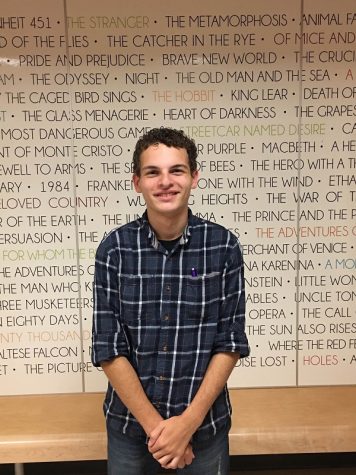
I am Senior at Naugy High. I am looking to pursue a carer in journalism. Politics are my favorite.



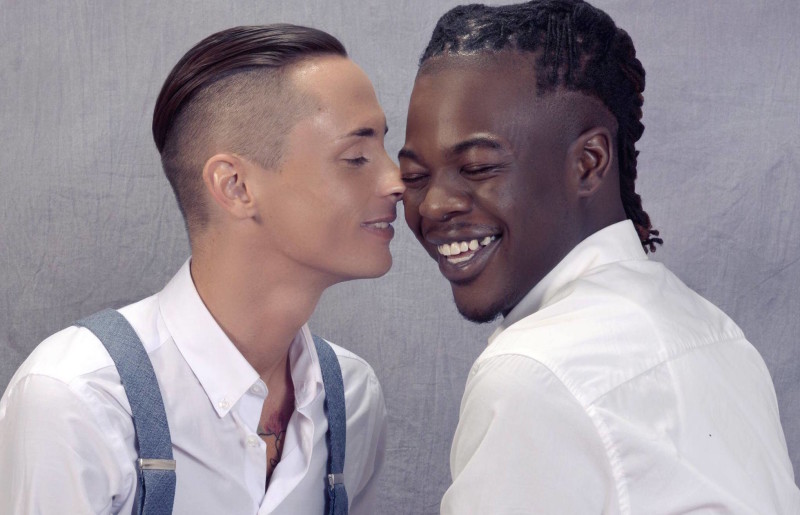
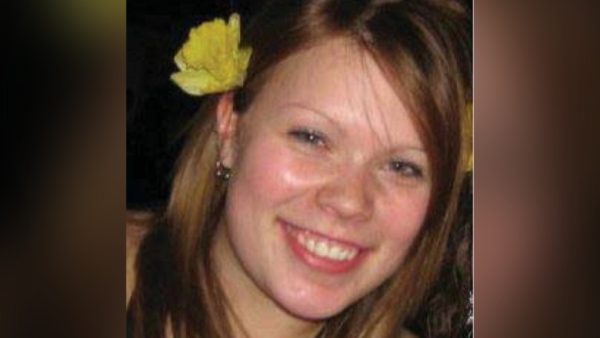
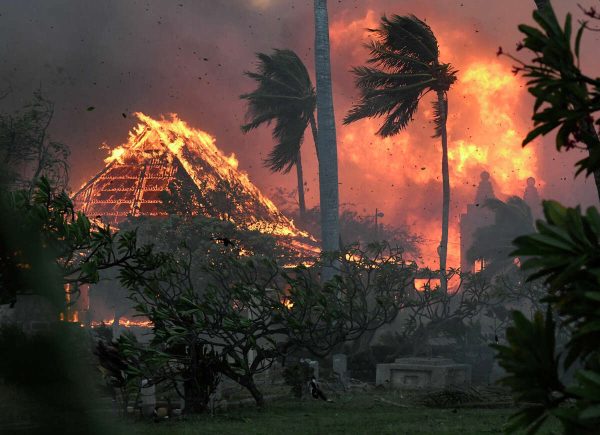
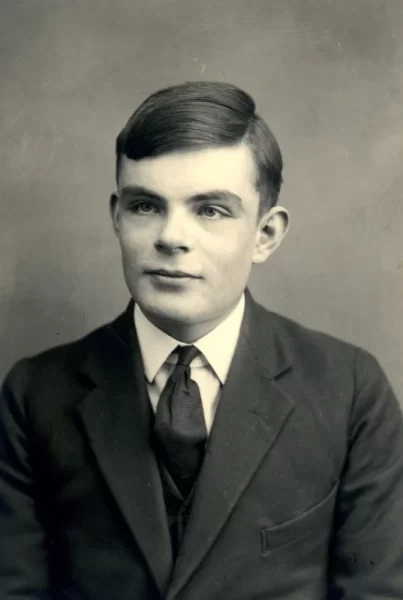
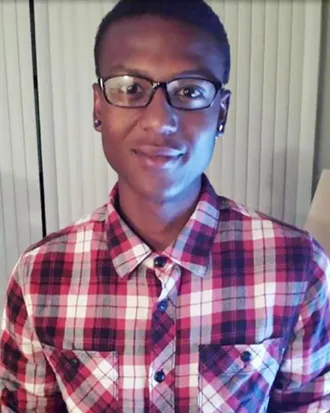
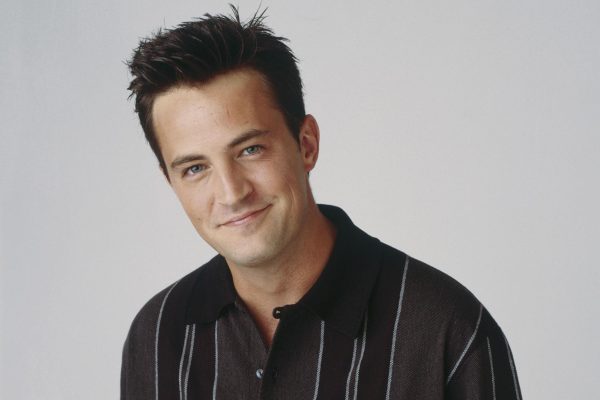
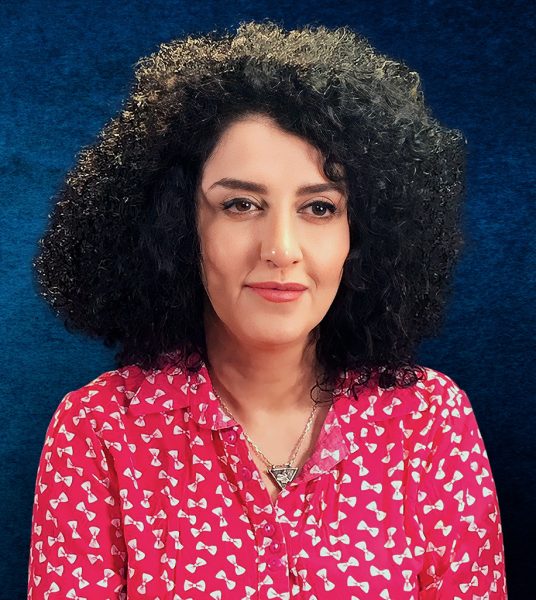
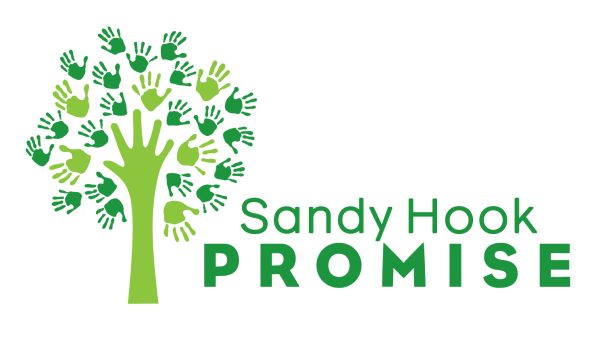
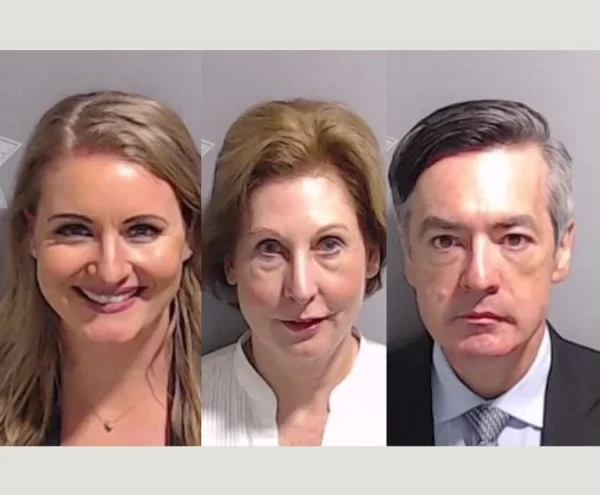
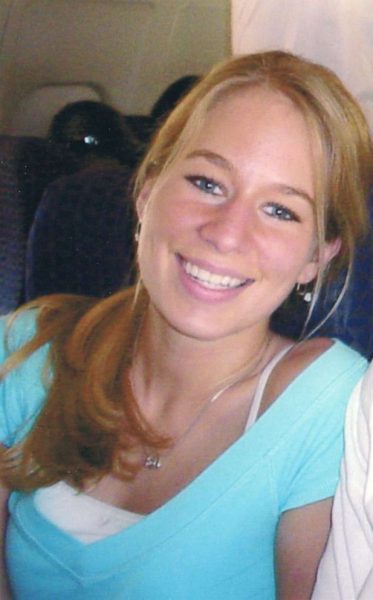
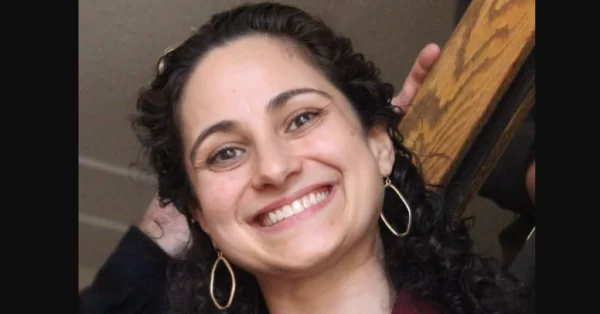
Isabella • Apr 3, 2017 at 11:25 am
Great writing